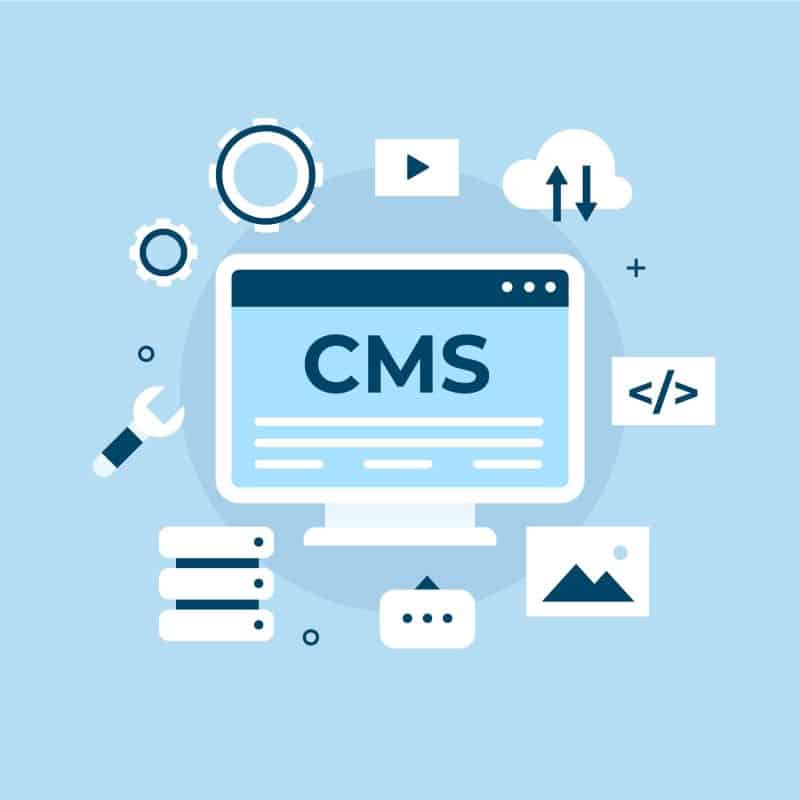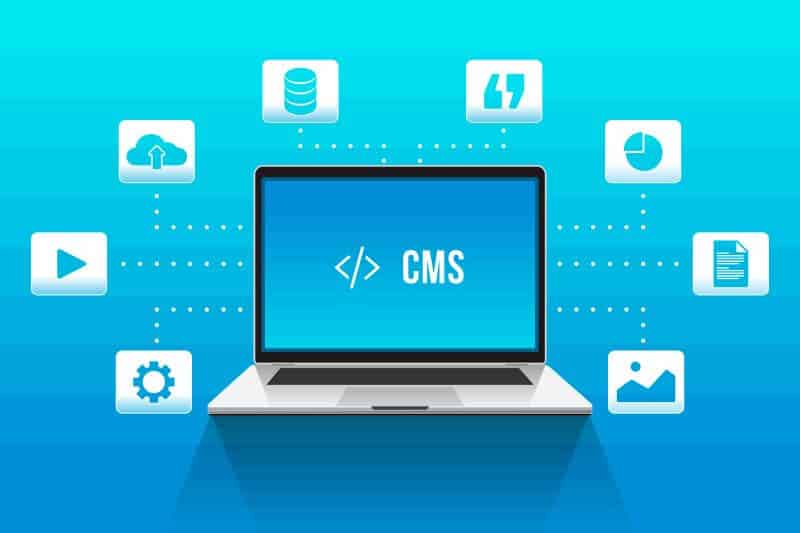Content Management Systems (CMS) are an important utility for businesses aiming to maintain an ever-changing yet user-friendly website without relying much on developers. Through the provision of CMS development services, you can make the process of running your website easy, reduce expenses, and give much time for core business operations. Here's a detailed exploration of how CMS development services will save you both time and money:
What is a CMS?
A CMS (Content Management System) is software that helps users create, manage, and modify digital content without needing extensive technical knowledge. It allows multiple users to collaborate, update, and publish content efficiently.
Quick Website Launch
1. Drag-and-Drop Builders
Most CMS platforms have an intuitive, drag-and-drop interface for quick page building without requiring knowledge of coding.
2. Pre-Configured Templates
The CMS solution is available with numerous templates for most industries. Thus, there is no need to design anything for hours.
3. Reduced Prototyping Time
Developers can use CMS frameworks to create functional prototypes, thereby speeding up the feedback and iteration process.
Example:
A startup could use a CMS like Wix or WordPress to launch its MVP website in just a few days, whereas with custom coding, it would take weeks or months.
Significant Cost Savings
1. Lower Initial Development Costs
Building a website from scratch requires a larger team of developers and designers, increasing expenses. CMS development services, on the other hand, offer cost-effective solutions with pre-built functionalities.
2. Reduced Dependency on Developers
With a CMS, you don’t need to hire a developer for routine content updates, saving on recurring costs.
3. Open-Source Solutions
The most popular CMS platforms, such as WordPress and Drupal, are free to use. You only pay for hosting, premium themes, or additional plugins if needed.
Example:
A business that uses an open-source CMS spends only on customization and hosting, cutting thousands from its budget compared to proprietary solutions.

Ease of Maintenance
1. User-Friendly Backend
CMS platforms come with intuitive dashboards that allow non-technical users to update content, upload images, or manage products without requiring specialized knowledge.
2. Automatic Updates
Most CMS platforms provide automatic updates for software and plugins, ensuring your website remains secure and functional with minimal effort.
3. Maintenance Plans by CMS Providers
Most of the CMS development service providers offer economical maintenance packages so that technical problems are solved, hence reducing the overall cost of support.
Better Collaboration and Productivity
1. Role-Based Access Control
CMS platforms can assign specific roles (for example, editor or admin) to your team members so that collaboration does not overlap their responsibilities.
2. Real-Time Editing
Several team members can work on different sections of a website at the same time, thereby increasing productivity and reducing bottlenecks.
3. Scheduled Content Publishing
Features like scheduled publishing allow your team to automate content updates, thereby ensuring timely execution of campaigns.
Powerful SEO and Marketing Capabilities
1. In-built SEO Functions
Some CMS systems provide functionalities of meta titles and description, alt text, URLs that can enhance search rankings by not availing services of an SEO consultant
2. Seamless Analytics Integration
Many CMS platforms integrate directly with Google Analytics, so you can keep monitoring your website for effective analysis.
3. Content Personalization
Advanced CMS platforms, like HubSpot CMS, offer functionalities for personalized user experiences, thereby increasing engagement and conversions.
Scalability Without Overheads
1. Add Features When Needed
As your business grows, you can easily integrate new functionalities such as e-commerce, multilingual support, or customer portals.
2. Cloud-Based Scalability
Modern CMS platforms offer cloud-based hosting options, allowing you to handle traffic spikes without investing in expensive infrastructure.
3. Cross-Platform Compatibility
Many CMS solutions are responsive and support mobile, tablet, and desktop devices, hence saving the development cost of multiple versions for the different platforms.
Time and Cost-Efficient Security
1. Pre-built security features
Most CMS platforms have built-in security measures such as firewalls, CAPTCHA, and two-factor authentication, thus minimizing the need for custom development.
2. Security patches
The provider of the CMS will regularly release updates to combat new vulnerabilities, thus saving time and money on manual security audits.
3. Security Plugins
Most prominent CMS platforms will offer security plugins as part of an add-on and, for instance, Wordfence for the installation of WordPress websites will provide rich functionalities at minimal cost compared with the custom installation solutions.
Enhanced User Experience
1. Responsive Designs
CMS platforms ensure that the websites are developed nicely without requiring extra development hours on all different devices.
2. Faster Page Loads
Optimize themes and caching plugin improve website speed that increase user satisfaction and decrease bounce rates.
3. Continuous User Feedback
CMS platforms can conduct A/B testing and heatmap analysis to help refine UX without any extra tools.
Future-Proofing Your Website
1. Community Support
Open-source CMS platforms like WordPress have large communities that continuously innovate and create new plugins or themes, keeping your website up-to-date.
2. Adapting to Trends
CMS platforms evolve to accommodate new technologies like Progressive Web Apps (PWAs), AI-driven personalization, and voice search.
3. Version Control
Most CMS platforms offer versioning, which means you can revert to previous versions of content in case of errors, saving time and avoiding potential costs.

